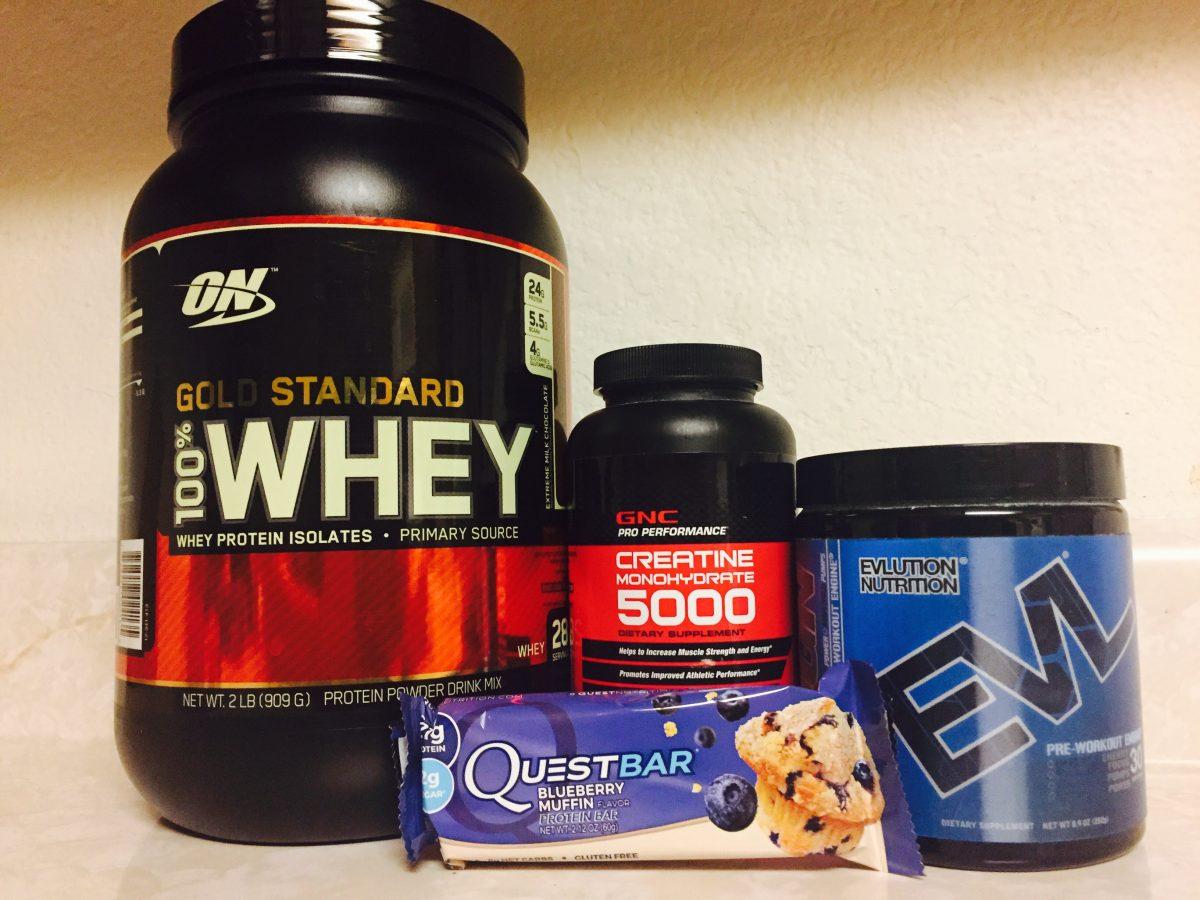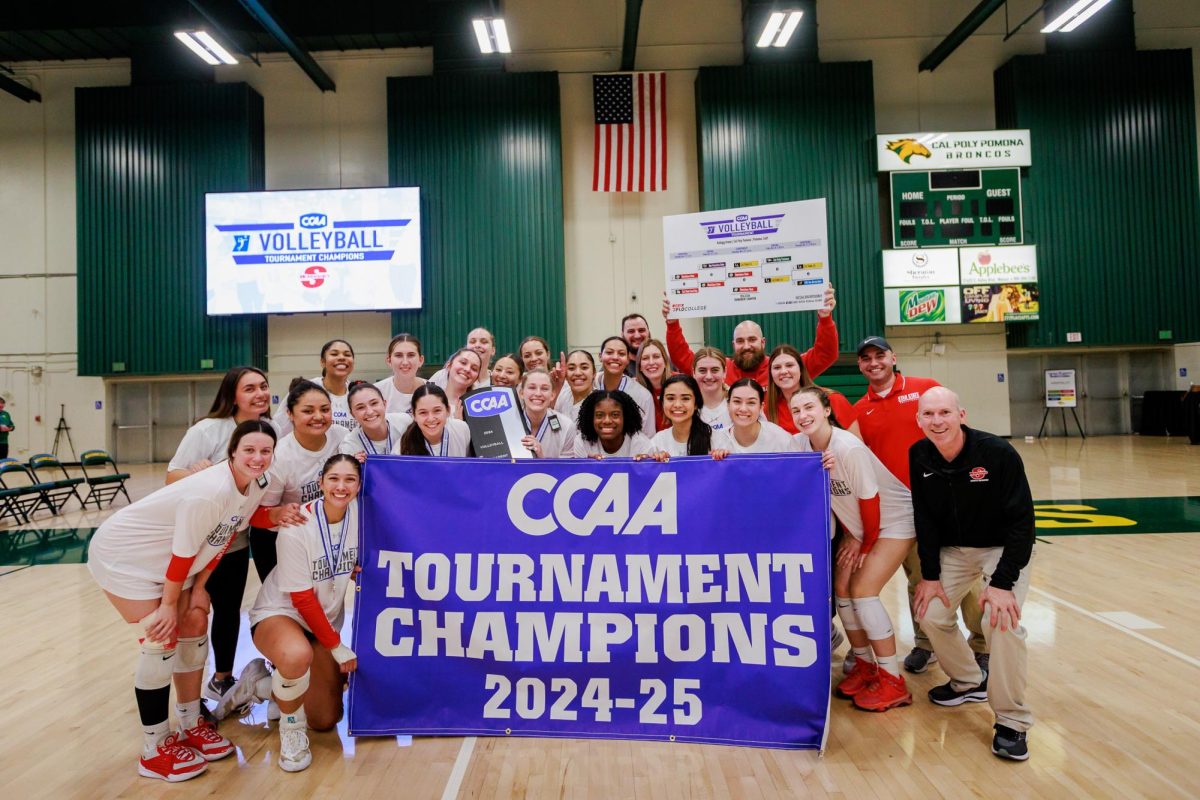Many of today’s college gym goers seek to change up their routines, whether it be a different exercise plan, diet, or something more distinct, such as a pre-workout supplement. However, what is actually known about these products and the effects they have on your body?
Pre-workout supplements usually come as a powder that mixes with water and is used prior to the workout as a means to induce an added boost of energy.
Many sources have described such products as having a proprietary blend of ingredients, leaving student consumers to be left guessing what these ingredients might actually be.
“The supplement market is a huge profit industry. A lot of the products aren’t even regulated by the FDA (Food and Drug Administration),” Fitness Coordinator, Josh Levesque said. ”Anything can be in them. Also, some products have been taken off the market for containing banned products such as ephedrine and synephrine.”
According to the FDA’s website, they are responsible for “protecting the public health by assuring that foods (except for meat from livestock, poultry and some egg products which are regulated by the U.S. Department of Agriculture) are safe, wholesome, sanitary and properly labeled; ensuring that human and veterinary drugs, and vaccines and other biological products and medical devices intended for human use are safe and effective.”
Additionally, this blend of ingredients includes, but is not limited to: caffeine, dimethylamylamine (DMAA), creatine, arginine, beta alanine, taurine, and phosphates.
“Many of these ingredients are beneficial by themselves, but in combination, can be potentially harmful,” according to Anne E. Eudy’s article, “Efficacy and safety of ingredients in pre-workout supplements.”
Levesque claims a number of these supplements effect the body’s natural function of vasoconstriction (increases blood pressure) and vasodilation (decreases blood pressure), leading to a power struggle between blood vessels. Complications that can inevitably lead to heart problems.
According to the FDA, one ingredient, DMAA, has recently been banned because it “narrows blood vessels and arteries, which can elevate blood pressure, and may lead to cardiovascular problems such as shortness of breath, arrhythmias, tightening in the chest, and heart attack, as well as seizures and other neurological and psychological conditions.”
With that being said, students who consume these products before a workout are prone to potential harm if they subject themselves to blends of ingredients they are not familiar with.
The banned on DMAA is meant to prevent complications from pre-workout supplements.
“Unlike drugs, dietary supplements do not have pre-market approval for safety or effectiveness,” FDA reports. “If a safety issue arises post-market, FDA can investigate and take steps to remove products that may be unsafe from the market.”
Nutrition educator, Elizabeth Carrillo, stresses the importance of conducting plenty of research on the products prior to use so students are aware of what they put into their bodies.
Carrillo recalled that after long days of classes and work, she’d take pre workouts as part of her daily regimen for the intended use of an energy boost and motivation to go work out.
Carrillo made sure to know what was in her pre-workout supplements before taking it.
“I did my own research online. Also, when I would go to GNC, I would ask plenty of questions and tell the workers what I was looking for in a pre-workout that would benefit me,” Carrillo said.
Carrillo praise the supplements, as they fulfilled their objective and do help “People that need motivation after a long day of classes or work.”
As with any new product, Carrillo suggests students to “do their own research, know the ingredients you’re putting into your body and ask questions”.
His body did not react well to some of the ingredients in the pre-workout supplements he used.
“I’m super sensitive to caffeine, and pre-workout has a lot of caffeine in them, and with that, they made me jittery, shaky, and itchy,” Cheung said. “It got to a point where if I took it at the wrong time of day, I couldn’t sleep, it made me overthink, and have anxiety attacks.”
Pre-workout supplements continue to be a largely marketed product to all gym goers, and whether they heed the labels and research their contents is their own prerogative.
“Now, being a personal trainer and a Kines (Kinesiology) major helped me in understanding more what the body needs to perform well more naturally,” Cheung said.













